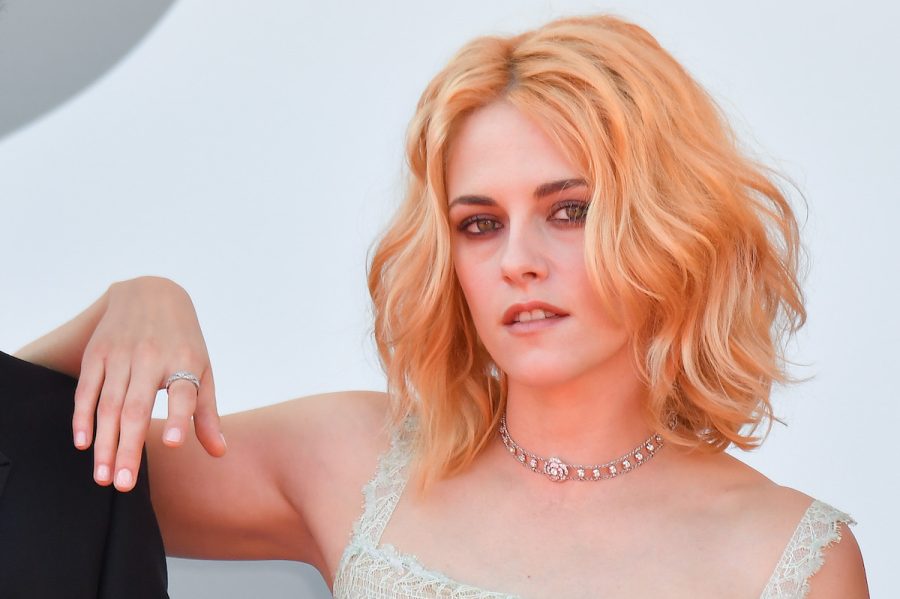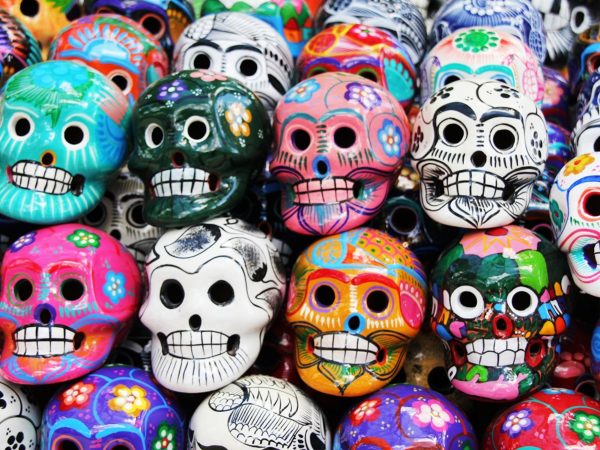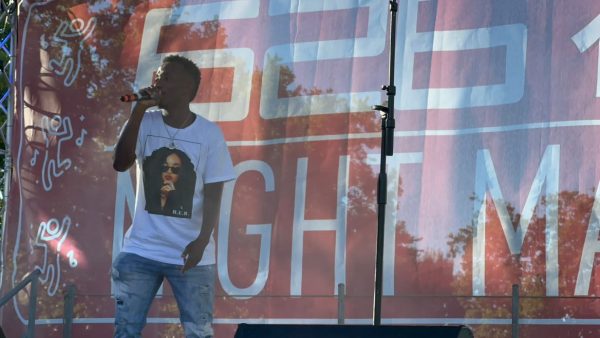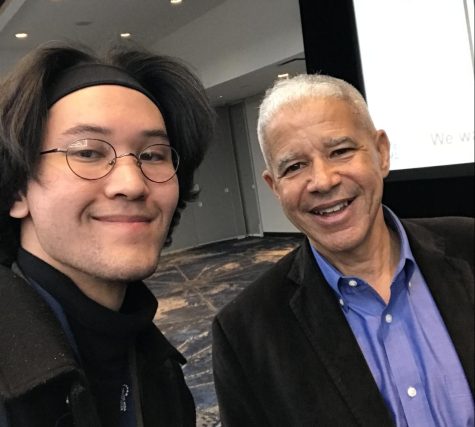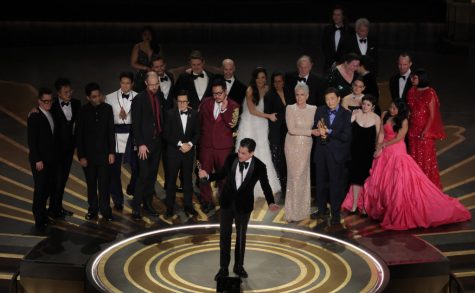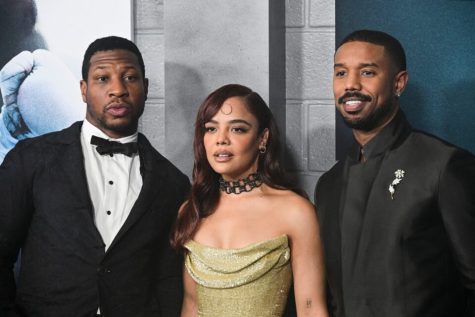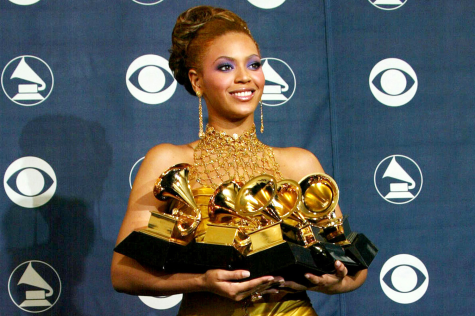Oscars 2022: Progression in the Right Direction?
February 16, 2022
On Feb. 8, the academy officially released its nominations for the 94th annual Academy Awards.
With selections for astounding visual effects from Free Guy and The Mitchells vs. The Machines to the breathtaking performance of Kirsten Dunst in The Power of Dog, the academy’s choices this year hold an ambivalent weight to them as several nominations represent a diverse culture.
Kristen Stewart’s nomination, being the most outstanding as a projected underdog, was celebrated as fans rallied behind her success. Stewart’s work in Spencer was heavily scrutinized. She experienced snubs from other award ceremonies earlier this year; the Screen Actors Guild (SAG) awards and the British Academy of Film and Television Arts Awards (BAFTA).
Stewart’s nomination served as a triumph to fans and the LGBTQIA+ community, as she is the first openly gay actress to be nominated for an Oscar. Stewart hosted Saturday Night Live in 2017 and came out to the live studio audience and the viewers at home. The last time an openly gay actor received an Oscar nomination was Sir Ian McKellen in 2002, around the release of The Lord Of The Rings.
Others accompanying Stewart in representing the LGBTQIA+ community during this nomination season. Ariana DeBose, who identifies as queer, was nominated for best-supporting actress in her role as “Anita” in Steven Spielberg’s West Side Story.
The gap years later in nominations of LGBTQIA+ candidates could appear as a “step in the right direction” for diversity… but is it? The academy celebrated Black History Month by pushing out tweets that honored Black history and called for an increase in nominations of Black actresses.
None of the current nominations for best-supporting or lead actress contain any Black actresses. Andra Day from The United States vs. Billie Holiday, Tessa Thompson from Passing, and Jennifer Hudson’s role Aretha Franklin in RESPECT, all performances deserving the best leading actress nomination, unrecognized by the academy.
While we do have Black nominations for best-supporting actresses such as Aunjanue Ellis for her role as Venus & Serena William’s mother, Brandi Williams, and Debose as Anita in West Side Story, the last time a Black actress won from this category was four years ago when Regina King won for her performance in If Beale Street Could Talk.
With no Black nominations for best leading actress for this year’s academy awards makes it 21 years since Halle Berry won for her role as Leticia Musgrove in Monster’s Ball. It was also the first time two African-American actors took home awards in the same year, as Denzel Washington was awarded best leading actor for his role in Training Day.
The academy later deleted their tweets about Black History, and their push for progression in diversity seems to be regressing by this act of performative activism.
Although this year’s impactful academy picks like LGBTQIA+ representation with Stewart & DeBose, foreign films like Drive My Car reaching best picture nominations, along with culturally expressive feature animations like Encanto and Raya and The Last Dragon, the academy still has a long way to go to diversify nominations categories properly.




